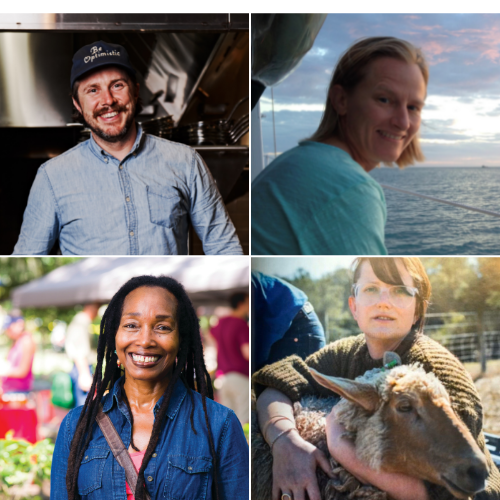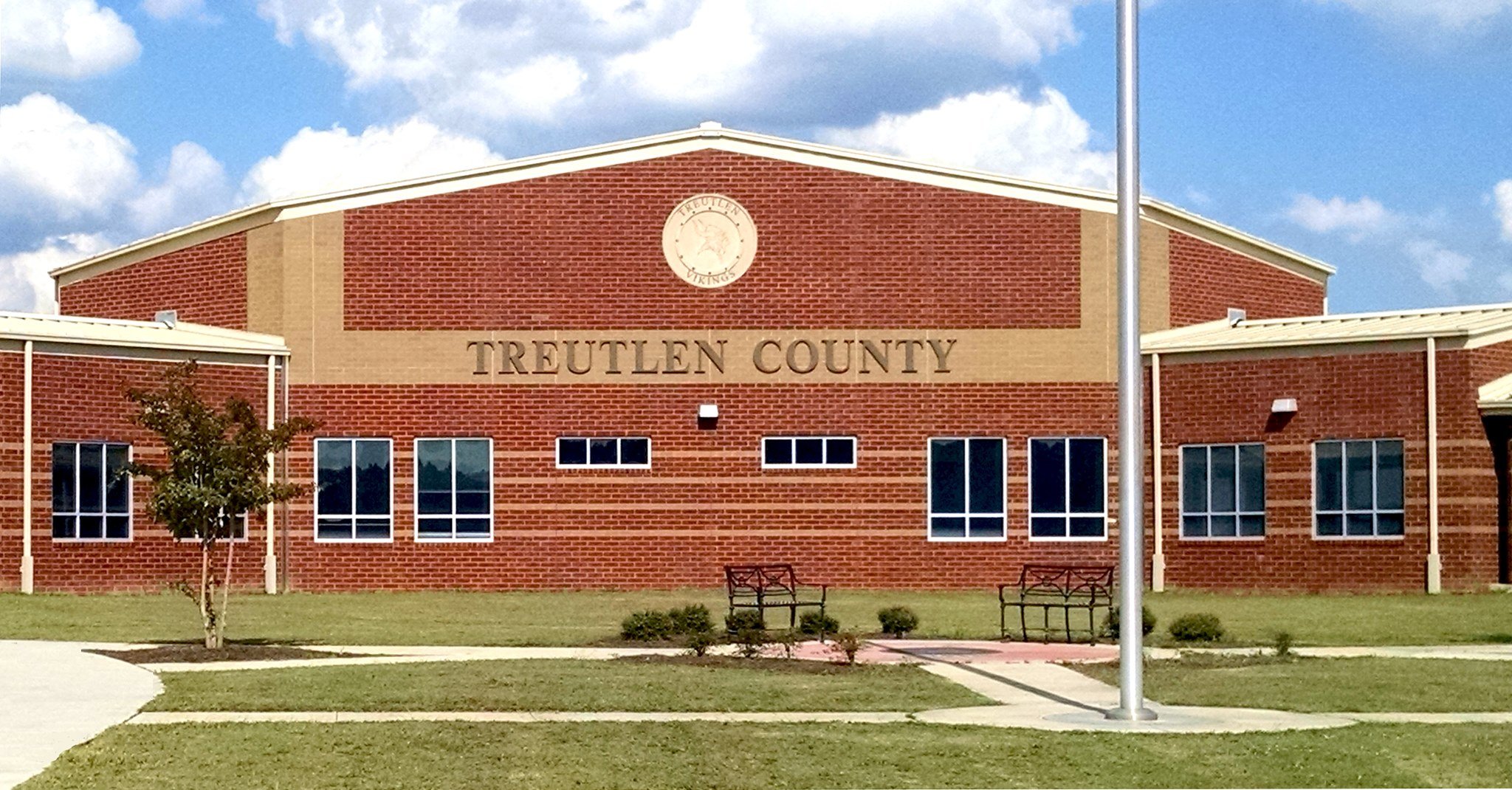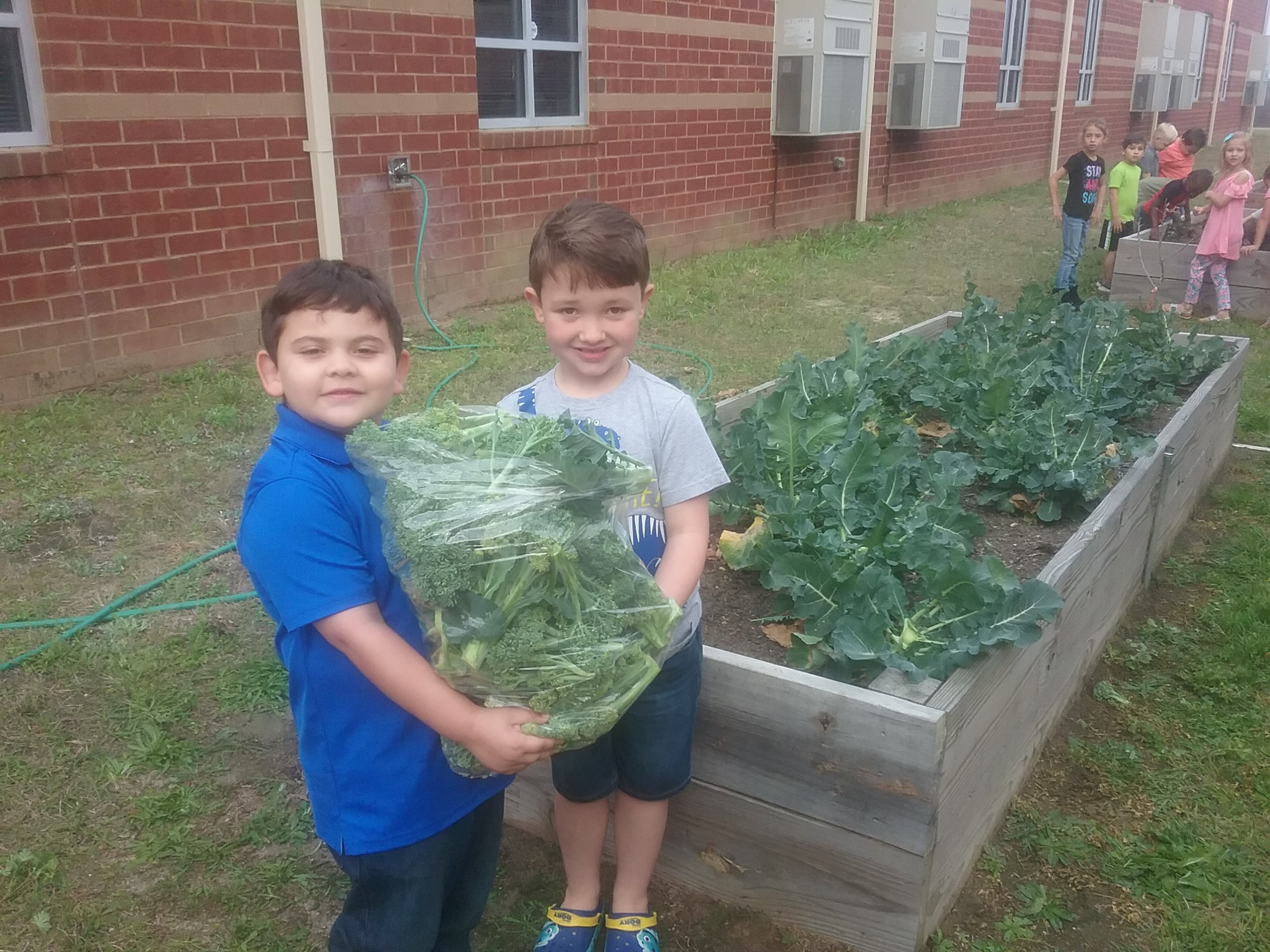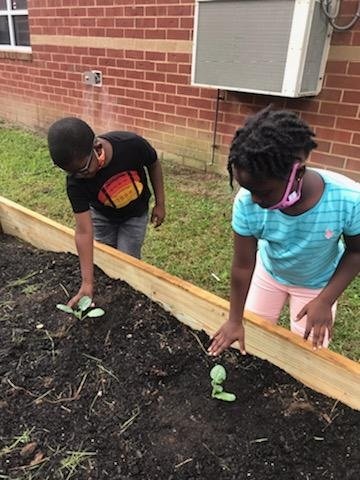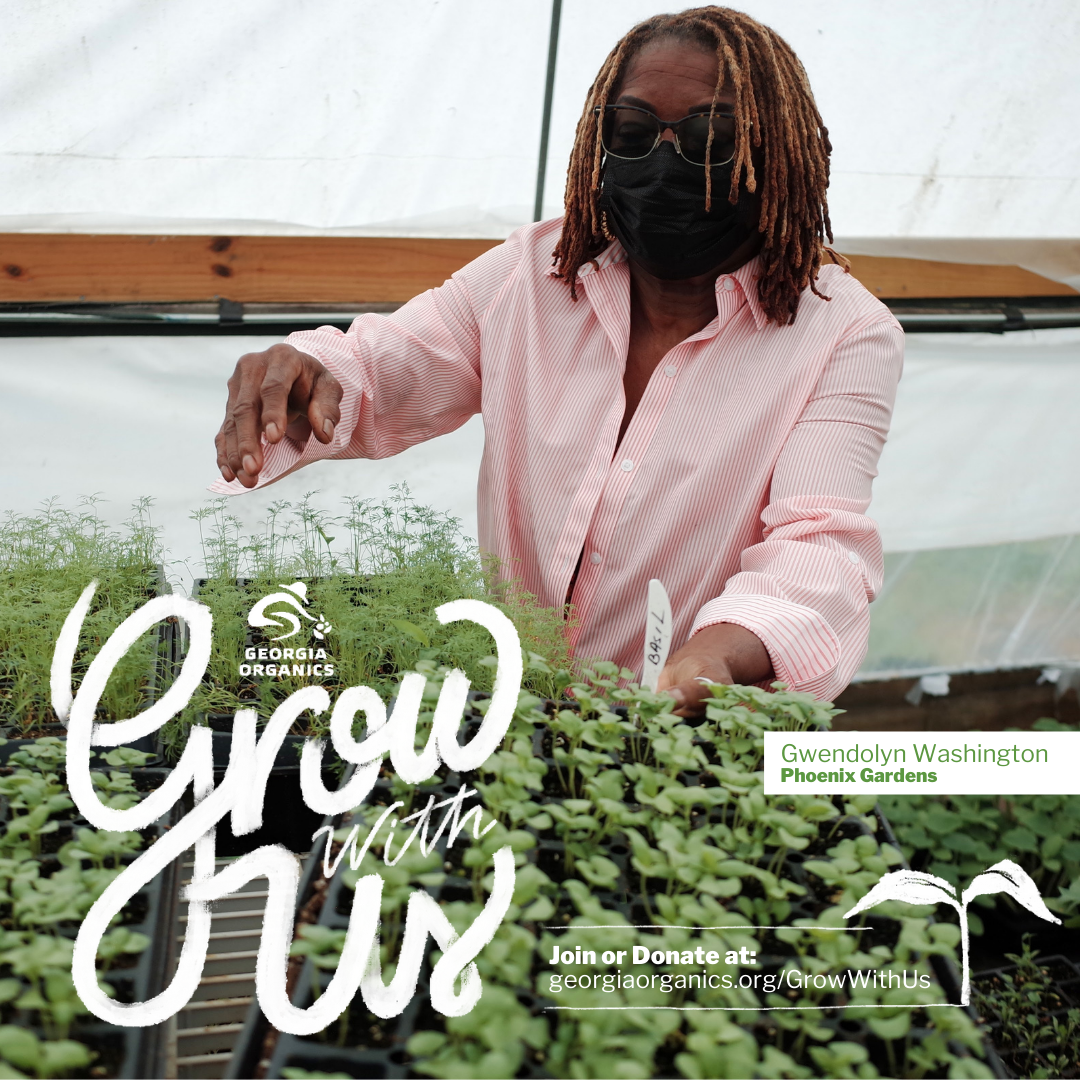By Diana Pena
Diana Pena is a CDC Public Health Associate serving as the Farm to School Program Coordinator at Georgia Department of Public Health. She also supports the Georgia Farm to School team in our work to achieve Georgia Farm to School Alliance and Farm to Early Care and Education strategic plan goals.
Georgia Organics and Georgia Department of Public Health (GA DPH) have teamed up to establish the Farm to School Innovation Mini-Grants Program. These funds support farm to school initiatives that:
Increase access to local, fresh, organically grown food,
Include culturally responsive food and education,
Increase local food procurement,
And/or benefit Georgia-certified organic farmers in other ways.
To learn more about the Farm to School Innovation Mini-Grants Program click here.
We are pleased to highlight Mini-Grant Awardee: Jackson County School System.
Jackson County School District is a great example of resilience; they had to pivot their original mini-grant project due to the pandemic. Despite the challenges, they've still had a successful project. Their project focuses on creating outdoor garden lessons while incorporating STEM and social science components.
FoodCorps service member Abigail Pierce has been leading a collaborative Mini-Grant Project at East Jackson elementary school.
All photos by Abigail Pierce
At the beginning of the grant school year, Abigail had proposed a culturally unique mini-grant project where she would be working with the Jackson County community to learn about community foodways; however, the pandemic got in the way of bringing speakers from the community to the elementary school.
Abigail had to adapt to the circumstances brought on by the pandemic and change her project. Her new project still provided students access to local, fresh, and organically grown food while offering weekly garden classes to students and teachers connecting them to their STEM and social science classes. However, there continued to be obstacles to implementing other parts of the project, like taste tests.
At the end of the year, they “were able to fully use outdoor spaces to implement garden classes in a safe way.”
Abigail and Jackson County School District truly display perseverance and versatility in their project. Abigail shared some of their successes such as, “students trying vegetables like beets, carrots, and kale for the first time.” These vegetables were grown in their own school garden!
They were able to cover a variety of topics such as, “decomposers in our compost with 3rd grade, parts of the plant with our kindergarten grades, chemical and physical change when making our smoothies with 5th graders, and using five senses when taste-testing pesto with pre-kindergarten students.”
Abigail envisions the “garden continuing to grow as teachers are able to use the outdoor classrooms to engage students with hands-on activities.”
Keep up the hard work, Jackson County School System!
To see updates on Jackson County School System, visit JacksonSchoolsGA.org/ and follow them on social media at instagram.com/jcschoolnutrition/ and facebook.com/jacksoncountyschoolsystemnutrition.
To learn more about Georgia Organics, visit georgiaorganics.org, and follow us on social media @GeorgiaOrganics and at facebook.com/GeorgiaOrganics.
































